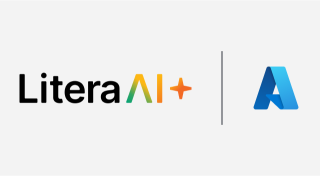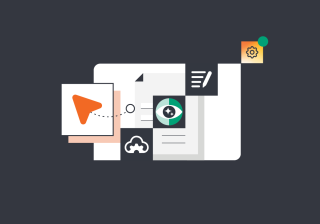Experience Legal AI Workflows in Word, Outlook, and Web Browsers

Litera AI: Engineered for Legal Success
Tailored for Legal Work
Intuitive AI that simplifies complex tasks, automates busywork, and delivers insights and analysis.
Seamless Integration
Fits directly into your workflows with zero data transfer risks.
Contextual Artificial Intelligence
Driven by deep legal expertise.
Security & Responsibility
Built on Microsoft Azure for robust security and rigorously tested for accuracy, safety, and transparency.
Legal AI Built into Products You Trust
AI for Real Legal Needs
Litera One, a unified drafting interface powered by AI, was developed with input from over 30 beta customers to ensure it meets real law firm and legal team needs.
Legal AI Built on Microsoft Azure
Litera AI+ is powered by Microsoft Azure’s OpenAI services, ensuring maximum data protection. Your data remains confidential, with no retention or use for training other models.
We are committed to responsible, continuous AI innovation, guided by our AI principles.
See How Litera's Legal AI Solutions Can Help Your Firm
Catch the Latest GenAI Buzz from Litera
Learn more about Litera's responsible AI principles
Check Out Featured Legal AI Resources
See the latest Legal AI resources from Litera

















